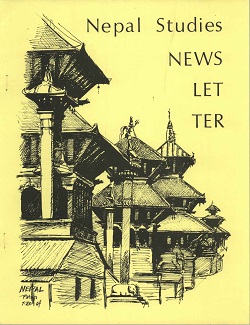Author Biography
Huzaifa Pandit (PhD University of Kashmir) recently completed his PhD on ‘Faiz Ahmed Faiz, Agha Shahid Ali and Mahmoud Darwish – Poetics of Resistance’. He is also the author of ‘Green is the Colour of Memory’ (2018) that won the inaugural award of Rhythm Divine Poets Chapbook Contest. His poems, translations, interviews, essays and papers have been published in various journals like Post-Colonial Studies, Indian Literature, PaperCuts, Life and Legends, Jaggery Lit, JLA India, Punch and Noble/Gas Qtrly.
Abstract
The act of translation is not a linear and static process but a circulatory and dynamic process that permits an enriching negotiation of meaning. One of the ways in which a text can be translated is by trusting that its meaning can be employed outside the local contexts in which it was produced, and employed to comment on contexts far removed from it in time and space. This trusting then allows for the translated texts to intervene in the negotiations between poly-systems, as marginal poly-systems seek a more pronounced space in the literary and cultural networks in a particular space. This negotiation would constitute the restitution of meaning which is the key to a successful translation. By an analysis of translations, and a close reading of the translated poems, this paper proposes to illustrate this strategy as involved in the production of resistance poetry in Kashmir. Resistance Poetry can be conceived of as a poetry produced to oppose and archive subjectivity produced under conditions of subjugation and occupation – military and politically. In such a scenario, translation can serve as an invaluable tool to illustrate the subjectivities produced under conflict. Through an explanation of the mechanisms of translations of two poems: Nasir Kazmi’s ghazal: Kuch tau ehsaas-e-ziyaan tha pehlay (کچھ تو احساسِ زیاں تھا پہلے) and Saaqi Faruqi’s nazm (a poem in Urdu which is written on a single subject and employs both rhymed, blank and free verse) Khali boray main Zakhmi Billa (بورے میں زخمی ِبلا (خالی. I propose to demonstrate that the latent possibilities and potentialities in the source text can be adequately employed to enrich the Kashmiri English literary poly-system.
Creative Commons License

This work is licensed under a Creative Commons Attribution-Noncommercial-No Derivative Works 4.0 License.
Recommended Citation
Pandit, Huzaifa. 2020. Translating Loss – Reading Translation as Resistance. HIMALAYA 40(1).
Available at:
https://digitalcommons.macalester.edu/himalaya/vol40/iss1/12


